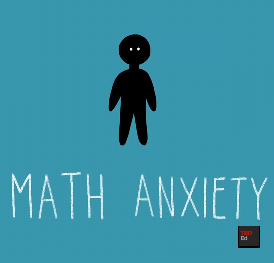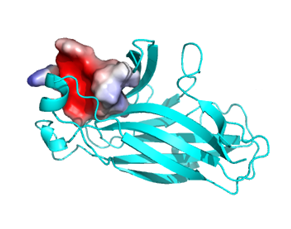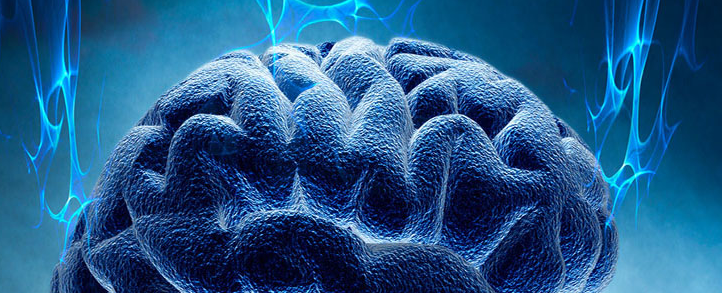Principal researcher name: Dr Hagit Friedman
Invention area: life science & Pharma
Background:
Prematurity, a continuously growing phenomenon is a risk factor for multisystem injury, as body systems of the premature infants are not ripe for life out of uterus. Health problems may include immediate and long term complications, and in the long term, prematurity leads to high risk for brain injury and developmental impairments, ranging from Minor Neurological Dysfunction, through ASD, to Cerebral Palsy. With infants at risk, early detection and intervention for developmental impairments is crucial.
A young infant's cry is usually a signal of hunger, pain, or discomfort. But fine sound components of an infant cry, including those which are hardly noticeable to the human ear, can hold important information about the infant’s health and neural development. Various conditions might be reflected in vocal characteristics, including birth trauma, or brain injury. One famous extreme disorder is "cry of the cat" syndrome (caused by a genetic anomaly), but fine differences in infant's cry may also be indicators of an infant’s health. Today, Markers of neural development can be observed and quantified in the newborn and young infant examining the quality of spontaneous movements and oral neuromotor competence. Hence, if neurological deficits change the way infants activate their pharynx and vocal system, then even tiny differences might manifest themselves in differences in vocal characteristics. Vocal analysis may be a nonintrusive way to identify and quantify neurodevelopment impairments
in very young premature infants, and together with analysis of the quality of spontaneous movements and oral neuromotor competence, make a better and more reliable diagnostic tool.
Dr Friedman aims in this project are to analyze infants' vocal characteristics using a computer based tool and to define the correlation between infant's vocal characteristics and infant early development, Reflected in and the quality of infant's feeding movements and general movements.
The study is designed parallel prospectively (with young premature neonates) and retrospectively (vocal analysis of existing data, and speech and developmental outcome of these toddlers).
Usage:
Early assessment and detection of developmental impairments is crucial for early and effective intervention as early identification will support initiation of early treatment and may minimize neurological and functional deficits







